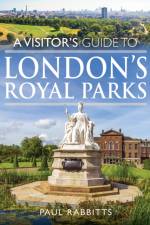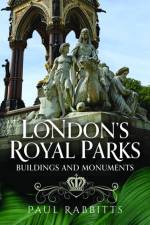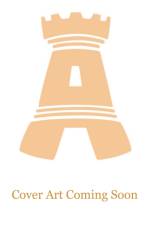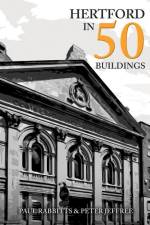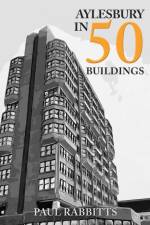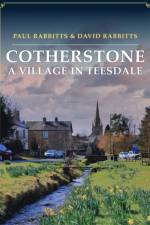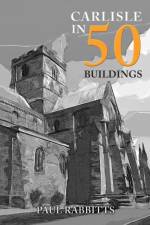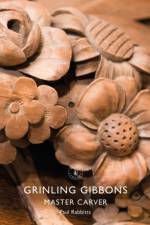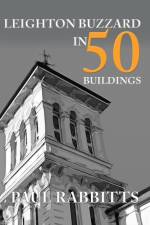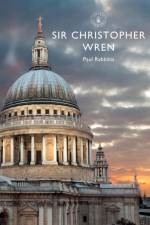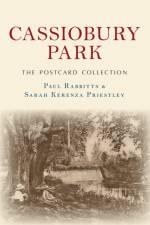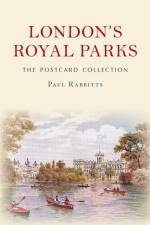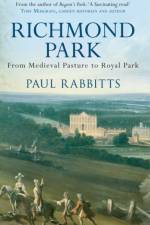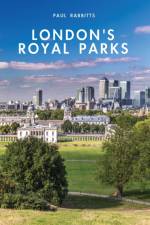av Paul Rabbitts
201
There are nearly 80 million visits to the Royal Parks every year, making them the most popular destinations in the capital. In 1956, author, poet and critic, Richard Thomas Church (1893-1972) wrote The Royal Parks of London, which was published by The Ministry of Public Building and Works as a guidebook at a cost of 3s 6d net. Many years has passed, and these parks continue to thrive, with new additions, events and celebrations. However, any visitor today will be overwhelmed by the beauty of these historic spaces that boast royal palaces, boathouses, bandstands, lodges, gatehouses, ornamental gardens, sculpture, public art, memorials, places for repose and refreshments. Today the Royal Parks as a charitable organisation is responsible for the care and maintenance of a large collection of historical built assets, comprising primarily of monuments, structures and buildings within the parks, and associated boundaries. This book will take you on a journey from Greenwich Park, the oldest of the Royal Parks, via Hyde Park, St James's Park, Green Park, Regent's Park, Bushy Park, Kensington Gardens to the largest of the royal parks - Richmond Park. It is hoped that the reader will gain a greater understanding of how these parks came about, but also to widen the visitor's knowledge of some of the more unusual aspects of London's Royal Parks, and to simply encourage the visitor to meander at will among them - the best way to discover the many pleasures within London's Royal Parks.


